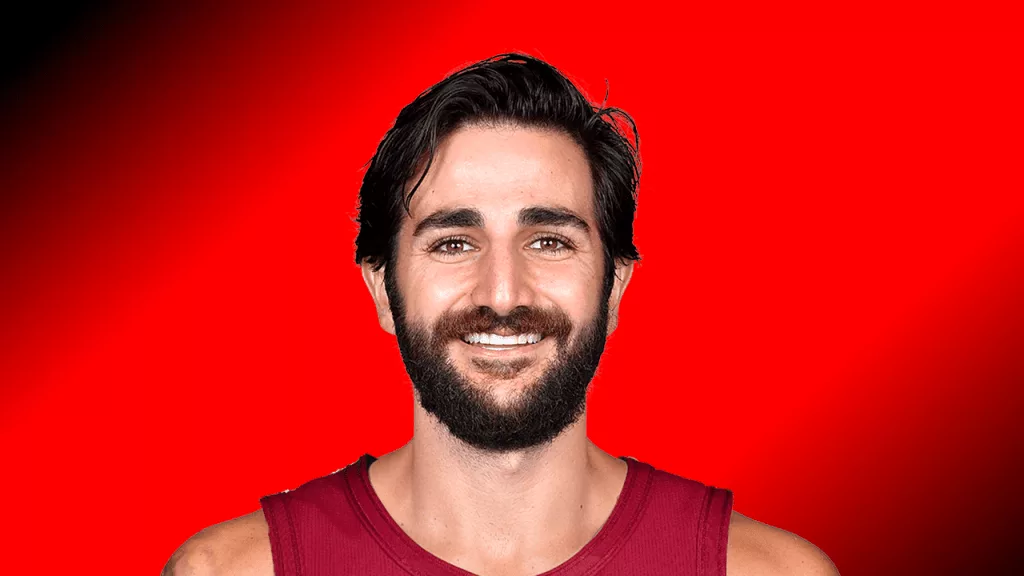Ricky Rubio, the talented Spanish point guard, has always been a captivating figure in the NBA. Known for his exceptional passing skills and court vision, Rubio has made a significant impact in the league. However, beyond his on-court achievements, he has recently opened up about his personal experiences and feelings regarding the culture of basketball in the United States.
In a candid interview, Rubio expressed his complex relationship with American basketball culture. He remarked, “I was one in Minneapolis because it was the YouTube era. And I had to create that character even though I didn’t want to. I never fell in love with the culture or traditions.” This statement highlights a sentiment shared by some international players who often feel the pressure to conform to an image that may not resonate with their true selves.
Rubio’s perspective on the NBA reflects a broader critique of how the league has evolved. He stated, “The impact the U.S. has, both generally and in basketball—they’ve turned the NBA into a show, into a business. They’ve left behind the love of basketball, and that’s also happening in Europe.” This observation raises important questions about the balance between entertainment and the essence of the game itself.
In a revealing moment, Rubio shared his struggles with mental health, particularly during challenging times in his life. He recounted the emotional turmoil he faced when his mother was diagnosed with cancer during the 2015-16 season. “I’d leave training and call her, but things were going really poorly for me that year. She’d hang up because she had to vomit and was feeling bad,” he recalled. The weight of personal challenges often collides with the demands of professional sports, making it difficult for players to navigate their responsibilities.
Rubio described a poignant moment when he decided to visit his mother in Barcelona during the All-Star break. He reflected, “On the flight back, I thought I shouldn’t have boarded that plane—I knew she wouldn’t have much time left.” This emotional conflict illustrates the sacrifices athletes often make, prioritizing their careers over personal matters. Fortunately, he was able to see his mother one last time after the season ended, a moment he cherishes deeply.
As he contemplates his future in basketball, Rubio expressed a desire to play without the weight of expectations that come with his name. “I’d like to play basketball without being Ricky Rubio, but that’s impossible. I want to play basketball, but I can’t. I’m squeezing out everything I can to see if I still can,” he admitted. The struggle to balance personal aspirations with professional realities is a common theme among athletes, particularly those dealing with mental health challenges.
Rubio’s reflections on his relationships with teammates further illustrate his feelings of isolation within the league. “I didn’t make friends, just teammates. It’s my nature, honestly—it’s hard for me to open up and connect, and I haven’t known how to face conflict,” he shared. This sentiment resonates with many players who find it challenging to forge deep connections in a competitive environment. The pressure to perform often leads to a focus on individual achievements rather than fostering camaraderie.
Moreover, Rubio highlighted the sometimes toxic dynamics within locker rooms. “I’ve seen lots of teammates with despotic attitudes. And I’m not able to say: ‘You don’t talk to a waiter like that.’ How am I going to say that to a teammate?” This observation points to the need for greater accountability and respect among players, emphasizing that sportsmanship should extend beyond the court.
Rubio’s candidness about his experiences serves as a reminder of the human side of athletes. While fans admire their skills and achievements, it’s essential to recognize the personal struggles they face. As he navigates his journey in basketball, Rubio’s reflections encourage a deeper understanding of the complexities that come with being a professional athlete.
In conclusion, Ricky Rubio’s insights into his experiences in the NBA shed light on the challenges many players face, both on and off the court. His reflections on culture, personal struggles, and relationships within the league resonate with fans and highlight the importance of mental health awareness in sports. As he continues to pursue his passion for basketball, Rubio’s journey serves as an inspiration for others navigating similar challenges, reminding us that behind every athlete is a person with a unique story.

